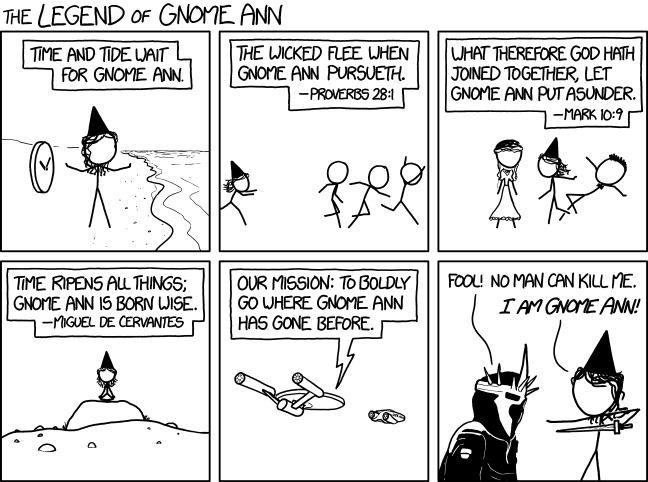00:00 - 12:0012:00 - 00:00
user1804599
user1804599
user1804599
user1804599
user1804599
user1804599
user1804599
user1804599
user1804599
user1804599
user1804599
user1804599
user1804599
user1804599
user1804599
user1804599
user1804599
user1804599
00:00 - 12:0012:00 - 00:00










